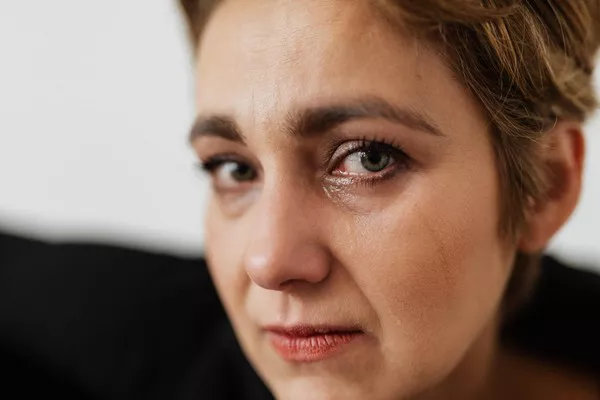Anxiety and depression are two of the most common mental health disorders worldwide. They can impact an individual’s daily life, relationships, and overall well-being. The good news is that there are several treatments available to help manage the symptoms of anxiety and depression. In this article, we’ll explore the best treatments for anxiety and depression, including therapy and medication.
Therapy
Therapy, also known as psychotherapy, is a type of treatment that involves working with a trained mental health professional to address the underlying causes of anxiety and depression. There are several types of therapy that have been proven effective for treating anxiety and depression, including:
-
Cognitive-behavioral therapy (CBT)
CBT is a type of therapy that helps individuals identify and change negative thought patterns and behaviors. It can help individuals develop coping skills and improve their problem-solving abilities.
-
Interpersonal therapy (IPT)
IPT focuses on improving interpersonal relationships and communication skills. It can be helpful for individuals who struggle with depression or anxiety related to relationships or social situations.
-
Mindfulness-based therapy
Mindfulness-based therapy involves developing awareness of the present moment and accepting one’s thoughts and feelings without judgment. It can be helpful for individuals who experience anxiety or depression related to stress or overwhelming emotions.
Medication
In addition to therapy, medication can also be an effective treatment for anxiety and depression. There are several types of medications that are commonly used to treat these disorders, including:
-
Selective serotonin reuptake inhibitors (SSRIs)
SSRIs are a type of antidepressant that work by increasing the level of serotonin in the brain. They can help improve mood, sleep, and appetite.
-
Benzodiazepines
Benzodiazepines are a type of medication that can help reduce anxiety by calming the central nervous system. They are often prescribed for short-term use.
-
Beta-blockers
Beta-blockers are a type of medication that can help reduce physical symptoms of anxiety, such as heart palpitations and sweating. They are often prescribed for situational anxiety, such as public speaking or performance anxiety.
Lifestyle Changes
In addition to therapy and medication, lifestyle changes can also be helpful in managing anxiety and depression. These changes can include:
-
Exercise
Regular exercise can help improve mood and reduce anxiety and depression symptoms.
-
Sleep
Getting enough sleep can help reduce feelings of fatigue and improve overall well-being.
-
Nutrition
Eating a healthy, balanced diet can help improve overall health and well-being.
-
Stress management
Developing healthy coping mechanisms for stress, such as meditation or yoga, can help reduce anxiety and depression symptoms.
In conclusion, there are several effective treatments available for anxiety and depression, including therapy, medication, and lifestyle changes. It’s important to work with a trained mental health professional to determine the best course of treatment for your individual needs. With the right treatment and support, individuals can learn to manage their symptoms and improve their overall quality of life.





























